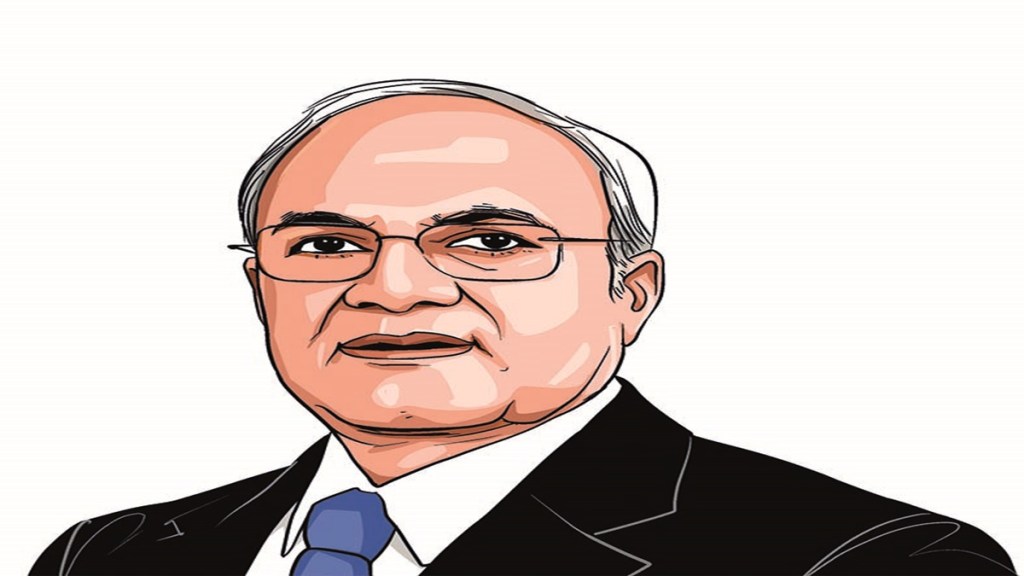By Ajai Chowdhry
Startups foster innovation, crucial for a country like ours aiming to transition to a high-income nation. As we celebrate National Startup Day today, marking the launch of Startup India nine years ago, we reflect on the impressive rise of our startups. India boasts the third-largest startup ecosystem globally, with 118 unicorns, up from eight in 2015. Startups span 56 industries, with IT services, healthcare, education, agriculture, and construction leading the way.
Our startup ecosystem is thriving in fields like space technology, quantum computing and deep tech. With over 400 private space enterprises, up from 54 in 2020, India has achieved milestones like Skyroot Aerospace’s Vikram-S launch and 3D-printed cryogenic engine. Similarly, Agnikul Cosmos made history with its Agniban SOrTeD (SubOrbital Technological Demonstrator) mission, achieving India’s first semi-cryo engine launch and the world’s first flight powered by a single-piece 3D-printed engine. Hyderabad-based Dhruva Space is making waves from building and launching satellites to offering Ground Station as a Service.
Semiconductors are fundamental to modern life. Mindgrove Technologies, at IIT Madras, has achieved a rare first-silicon success with its ‘Secure IoT’ chip. This indigenous microcontroller chip, 30% cheaper than its competitors, is poised to power a range of devices, from wearables to smart city infrastructure. With 96 startups in quantum technologies, India is positioning itself as a global leader in secure communication and advanced computing solutions. All these startups across verticals are making products for India and the world.
Startups drive job creation. In the US, they account for 55% of innovation across 362 industries and lead in net job creation. In India,from Flipkart to Ola, Indian startups have not only transformed their industries but also created wealth for their founders, employees, and investors.
The government plays a crucial role in creating an enabling environment. Herein, the removal of angel tax was celebrated by the startup community. More needs to be done to ensure startups don’t flip to Singapore and Dubai. Over 8,000 Indian companies have already registered in Singapore since 2000, and Dubai’s startup ecosystem boasts over 30% Indian-founded companies.
Some gaps need to be addressed. For instance, Employee Stock Option Plans (ESOPs) are a vital tool for startups to attract and retain talent, but the current tax system is flawed. Employees must pay taxes upon exercising options, even if they lack the funds. A better approach would be to tax ESOPs only when the shares are sold, matching the employee’s ability to pay.
The government must become a key customer for startups. Unlike traditional businesses, startups often struggle to secure working capital from banks. Treating them as MSMEs for lending could address this gap, ensuring they have the financial support. We need startups to help create a product nation and to ensure strategic autonomy.
The writer is chairman, EPIC Foundation and MGB (Mission Governing Board), National Quantum Mission.
Disclaimer: Views expressed are personal and do not reflect the official position or policy of FinancialExpress.com. Reproducing this content without permission is prohibited.


